influencers aren't advertisers' agents, materiality can be common sense, & more in supplement case
43(B)log
FEBRUARY 17, 2022
Was this commercial advertising or promotion? Elysium argued that the website as a whole was a referral website for Tru Niagen, which advertised Tru Niagen at the top of every page. Thus, any false advertising claim would lie against Albaum, not [directly] against ChromaDex. You can find out more here: [link].


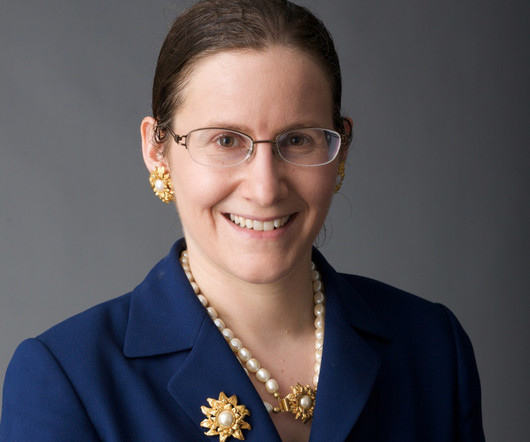


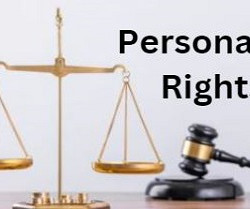

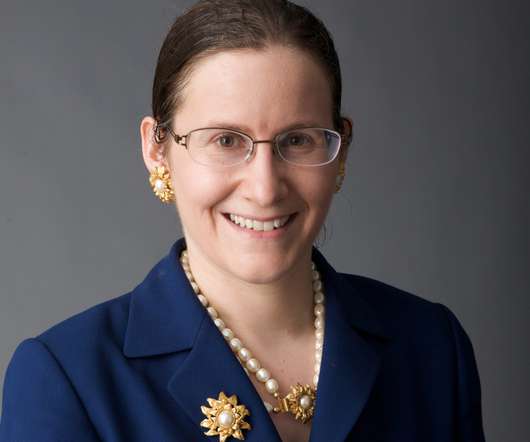
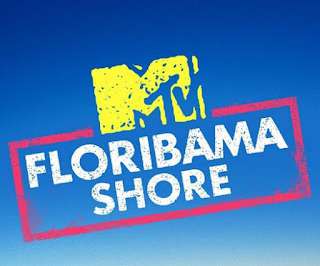
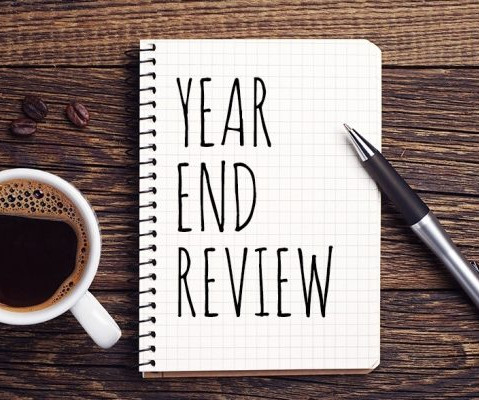






Let's personalize your content